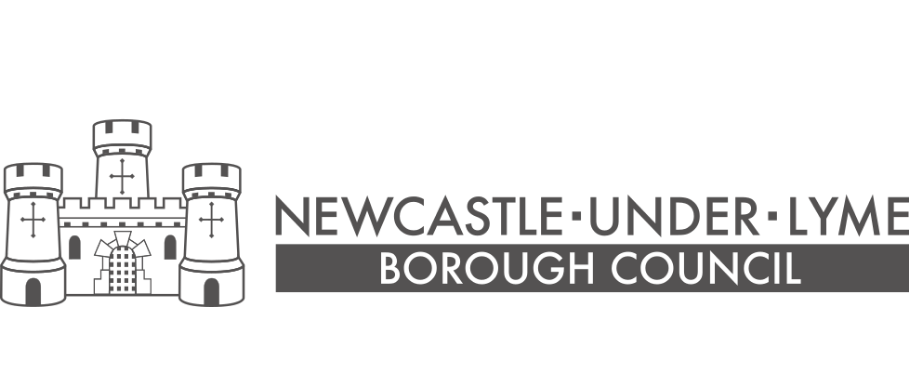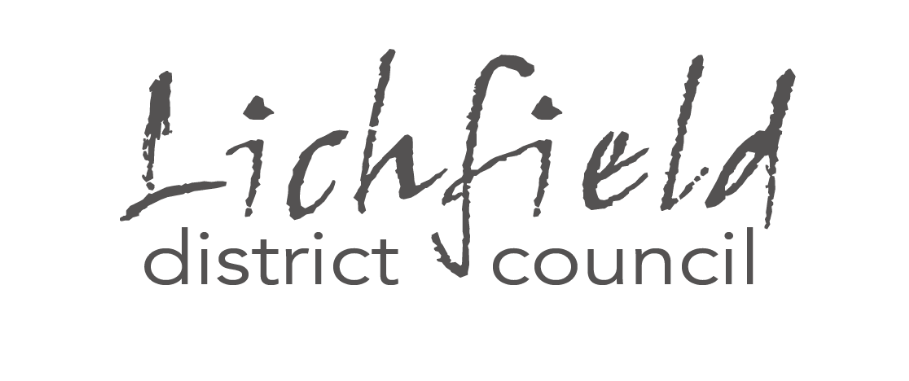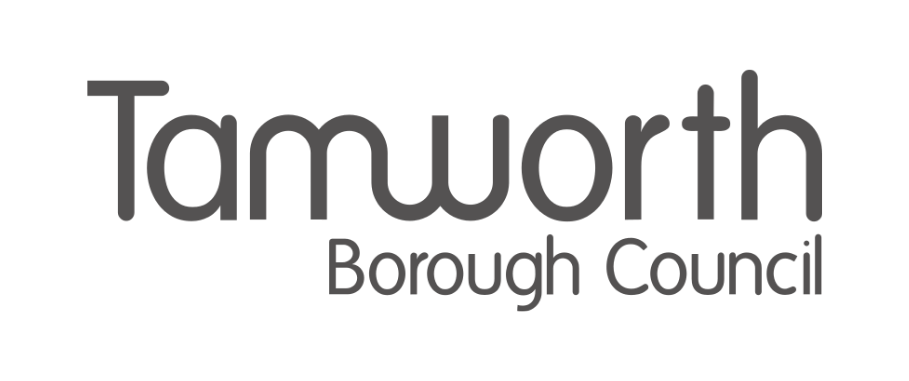
Your guide to the Chancellor’s Statement – What were the key measures announced?
On 17 October, the Chancellor made a statement bringing forward measures from the Medium-Term Fiscal Plan that will support fiscal sustainability.
In his statement, the Chancellor announced a reversal of almost all of the tax measures set out in the Growth Plan that have not been legislated for in parliament.
We’ve summarised the key points you need to know.
Business measures in the Growth Plan that have been changed
- Corporation Tax: Plans to raise Corporation Tax to 25% from April 2023 will be reinstated. The previously announced small profits rate of Corporation Tax will be maintained. Smaller or less profitable businesses will not pay the full 25% rate, and companies with less than £50,000 of profit will not see any increase at all, continuing to pay Corporation Tax at 19%.
- Off-payroll working: The 2017 and 2021 reforms to off-payroll working rules (also known as IR35) will be maintained.
- Alcohol Duty: The one year freeze to alcohol duty rates will be cancelled. The next steps of the Alcohol Duty Review announced in Growth Plan 2022 will continue as planned.
- Other measures: VAT free shopping: The planned VAT-free shopping scheme for non-UK visitors to Great Britain will be cancelled.
Business measures in the Growth Plan that have been maintained
- Energy support: The Energy Bill Relief Scheme (EBRS) will provide a discount on wholesale gas and electricity prices to protect businesses and other non-domestic energy users, including charities and public sector organisations, from rising energy bills. The scheme will run for 6 months, and cover energy used from 1 October 2022 to 31 March 2023. Full details of the scheme including eligibility and how it will work can be seen here.
- Annual Investment Allowance (AIA): The Government will make permanent the temporary £1 million level of the AIA, which was due to expire after 31 March 2023. This means businesses can deduct 100% of the costs of qualifying plant and machinery up to £1 million in the first year.
- Company Share Option Plan (CSOP): From April 2023, qualifying companies will be able to issue up to £60,000 of CSOP options to employees, double the current £30,000 limit.
- Venture capital schemes: From April 2023, companies will be able to raise up to £250,000 of Seed Enterprise Investment Scheme (SEIS) investment, a two-thirds increase.
- National Insurance: The reversal of the National Insurance increase and the Health and Social Care Levy will remain. As a result of this tax cut, approximately 60% (920,000) of businesses with NICs liabilities will see a reduction their National Insurance bills. View full details here.
Growth Plan measures focused on individuals and households that have been changed
- Income tax: The 1p reduction in the basic rate of income tax has been suspended. This means that the Basic Rate of Income Tax will remain at 20% indefinitely.
- Dividend Tax: The planned reversal of the 1.25% increase in dividends tax rates has been cancelled.
Growth Plan measures focused on individuals and households that have been maintained
- Energy support: The new Energy Price Guarantee (EPG) will continue to support households with energy costs, capping the unit price that consumers pay for electricity and gas.
- However, the scheme will not run for the planned two years, but it will provide support until April 2023. A Treasury-led review will consider how to support households with energy bills after April 2023.
- National Insurance: From 6th November 2022, the government is cutting National Insurance by 1.25 percentage points and cancelling the Health & Social Care Levy which was due to take effect from April 2023. View full details in the government’s dedicated factsheet.
- Stamp Duty Land Tax: From 23 September, the Government has:
- Increased the threshold above which Stamp Duty Land Tax (SDLT) must be paid on the purchase of residential properties in England and Northern Ireland from £125,000 to £250,000.
- Increased the threshold at which first time buyers begin to pay residential SDLT from £300,000 to £425,000
- Increased the maximum value of a property on which first-time buyers’ relief can be claimed from £500,000 to £625,000.
More information is available on the Government website, here.


















